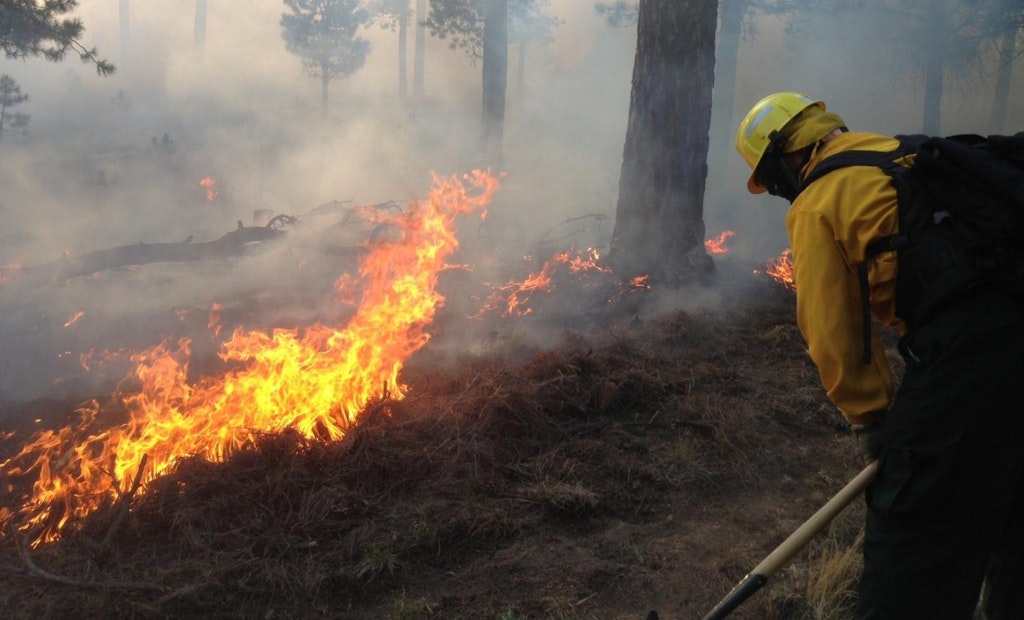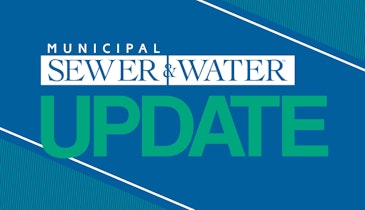Interested in Infrastructure?
Get Infrastructure articles, news and videos right in your inbox! Sign up now.
Infrastructure + Get AlertsWildfire damage to drinking water systems can significantly delay a community’s economic recovery. The costliest disaster in Colorado’s history, the Marshall Fire of 2021, resulted in more than $2 billion in losses. Six drinking water systems were directly in the fire’s path.
While communities and governments nationwide have been facing the impact of these disasters on drinking water systems, no national synthesis of scientific and policy needs has been conducted. Now, a study has outlined the scientific and policy needs specific to drinking water systems’ resilience to wildfires.
At the request of two Colorado cities shortly following the Marshall Fire, Purdue University researchers provided onsite technical assistance and led the case study. The goal was to better understand the decisions, resources, expertise and response limitations during and after the wildfire. The team also included collaborators from the University of Colorado-Boulder, Oregon State University and Corona Environmental Consulting LLC.
The researchers say that should the needs identified by this study be addressed, drinking water safety risks could be minimized, and wildfire-vulnerable communities could better protect their workers and the overall population and expedite recovery.
The study is available in the American Water Works Association's Water Science journal. Author Andrew Whelton is a professor in Purdue’s Lyles School of Civil Engineering and Division of Environmental and Ecological Engineering. He also directs the Healthy Plumbing Consortium and Center for Plumbing Safety. His research group specializes in disaster response and recovery when critical infrastructure systems are impacted.






